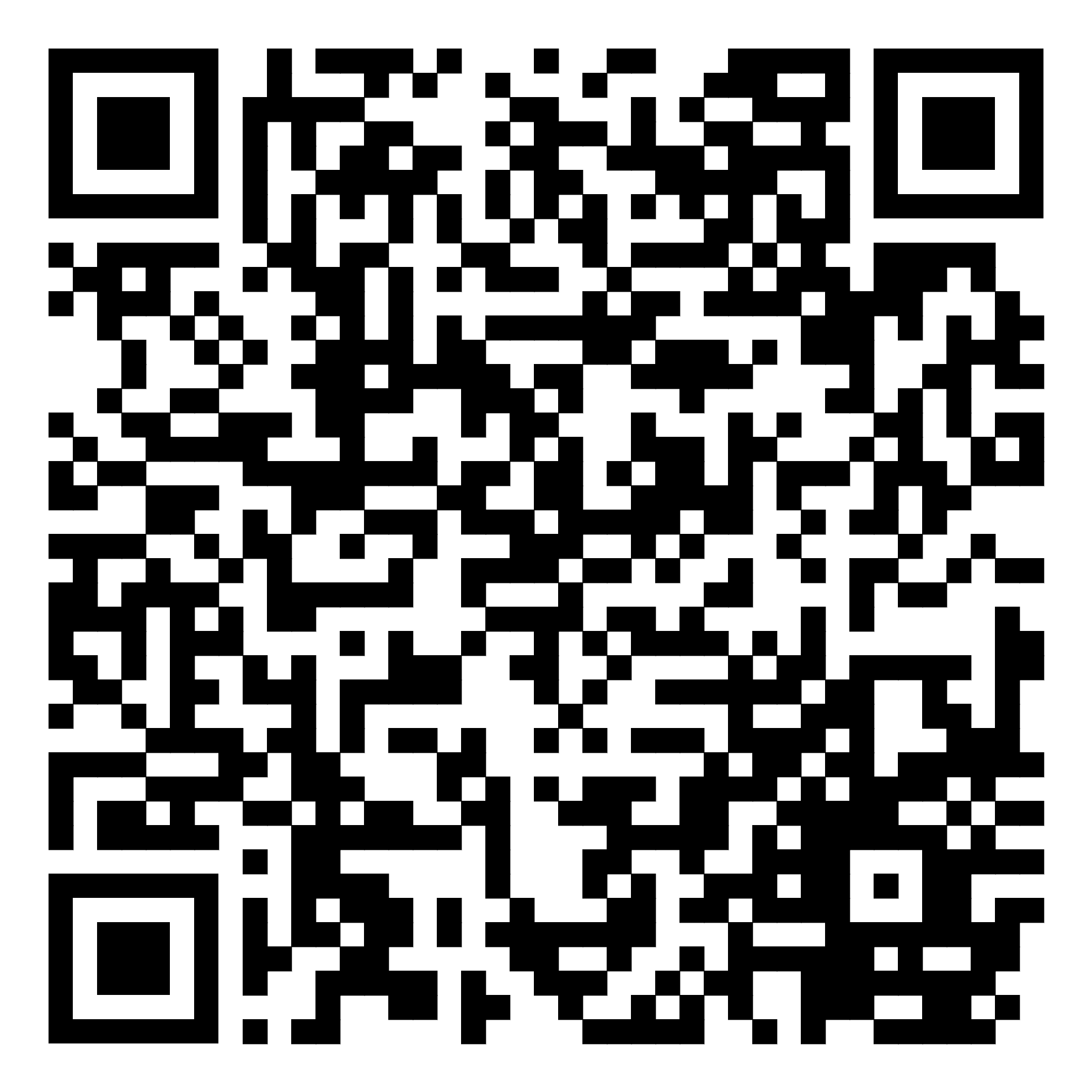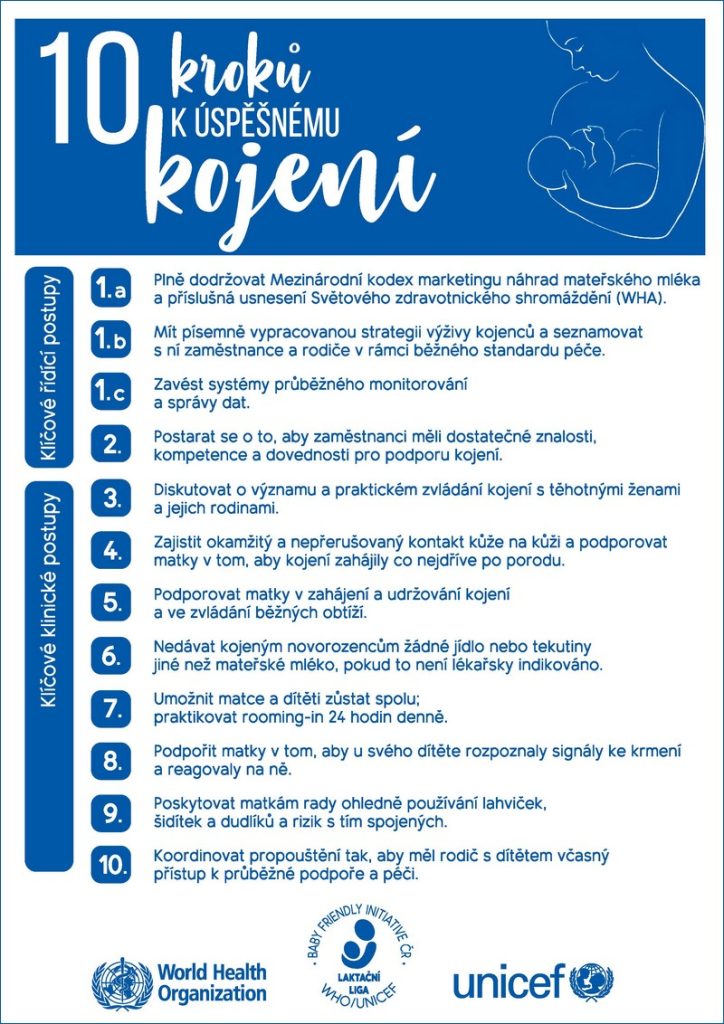- Prenatal preparation, courses, and individual care during pregnancy
Delivery-plan consultation
Pregnant patients can use the new services of the Delivery-room Clinic – Consultation of the birth plan with a midwife or – if needed – with a doctor. Appointments can be made via eAmbulance HERE every Tuesday 12:00-14:00 o'clock. As a part of the consultation, it is possible to make a tour of the delivery room, if the delivery-room busyness allows it. The estimated time of the consultation is about 30 minutes. The Maternity Ward in Jihlava organises exercising, swimming and antenatal preparation courses for pregnant women and their entourage. We look forward to seeing you!
One-time antenatal preparation course:
- It is carried out in the 32nd week of pregnancy in the delivery room on the 5th floor of Block G (education room).
- It provides women with useful information about pregnancy and childbirth.
- The class is led by experienced midwives.
- The course also includes a tour of the delivery rooms and the Puerperium Ward.
- An appointment is required for the course, which you can easily make HERE.
One booking is meant for both - i. e. the pregnant woman + her companion. It is not necessary to book a separate place for the accompanying person.
Long-term antenatal preparation course:
- It is performed from the 20th weeks of pregnancy on.
- It consists of 4 lessons.
- Each lesson is aimed at a certain stage of pregnancy and one deals with baby care.
- The course also includes a tour of the home delivery rooms, the surgery room and the Puerperium Ward.
- The course is available by prior booking by phone: 567 157 686.
- The total price of the course is 1,000 CZK for 4 lessons.
Content of the course for mothers-to-be
1st lesson: PREGNANCY – examinations during pregnancy, pregnancy card, lifestyle, when to go to the maternity hospital.
2nd lesson CHILDBIRTH – admission to the maternity ward, preparation for childbirth, childbirth, tour of the delivery room.
3rd lesson: NEWBORN – care and examination of newborns in the delivery room and postpartum ward, breastfeeding, tour of the neonatal ward.
4th lesson: OPERATIVE DELIVERIES AND POSTNATAL CARE – tour of the delivery room.Prenatal course on the postpartum period
- Postpartum period in the hospital:
What to expect immediately after giving birth, the first days with your baby – what is normal and when to ask for help, postnatal examinations and care for mother and baby. - Postpartum at home:
how to cope with returning home and the new routine, common problems and how to deal with them, when to contact a doctor, - Medications during the postpartum period:
what you can take for pain or discomfort, which medications are safe to take while breastfeeding, - Postpartum wound care:
stitches, healing, hygiene, prevention of complications, - Practical issues:
child's birth certificate, sick leave, maternity and parental leave, - Breastfeeding in practice:
First feeding and the onset of lactation, the most common breastfeeding problems and their solutions, correct technique and positions.
One order is valid for one woman + one accompanying person.. The course takes place in the educational room of the GYN-POR department, pavilion G, 5th floor.
Application: here
Individual care during pregnancy
- Care is intended for physiologically pregnant women from the end of the first trimester.
- Relief from pregnancy discomfort using rebozo, overball, ball exercises, relaxation techniques, and education on further care at home.
- Comprehensive preparation for childbirth.
- Support for natural onset of labor (vaginal steam bath, herbs, aromatherapy, crosstape).
- Education in breastfeeding and early SN.
- Getting ready for VBAC.
- Care for cesarean section scars and perineal scars.
- The frequency, length, and content of the meetings are tailored to each woman's individual needs.
- One-time use of care is also possible.
- Price 500 CZK/hour.
- If you are interested, please contact slivovad@nemji.cz (ror faster communication, please include your phone number in the email):
Contacts to midwives providing individual care during pregnancy:
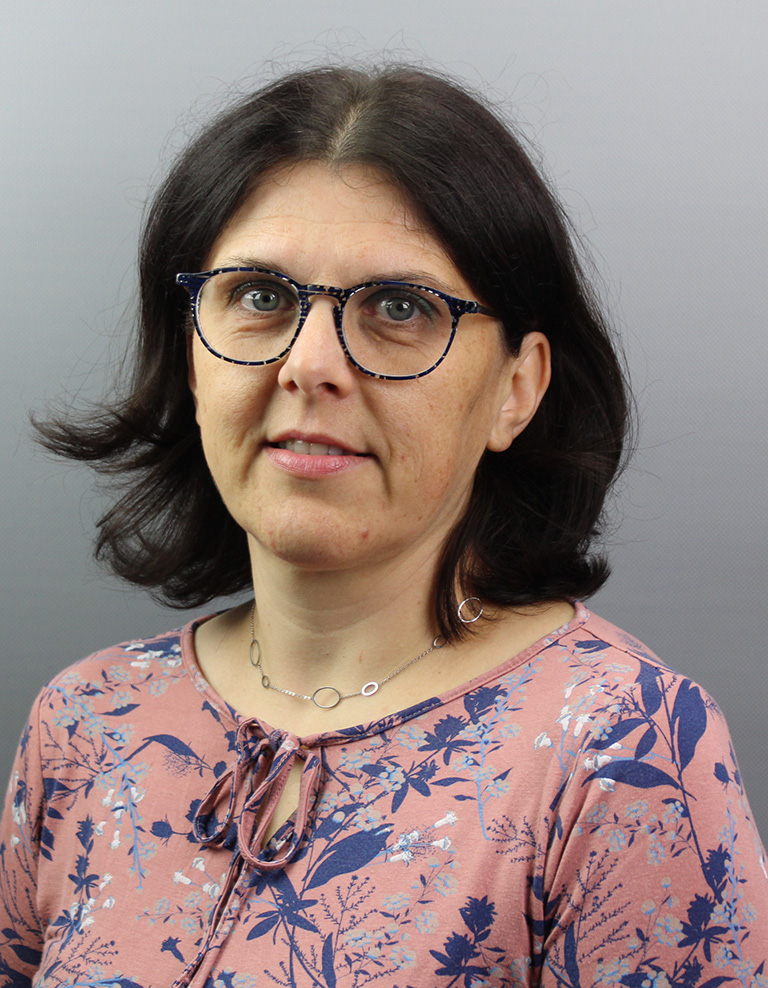
Dana Slívová
My goal is to help women have a beautiful and fulfilling pregnancy and birth. I want them to come to the birth calm, balanced, and able to perceive their bodies, work with them, and be connected to themselves. I want them to be informed and have realistic expectations. An empathetic, supportive, and mutually respectful approach is important to me. In my work, I draw on more than 20 years of experience with exercising pregnant women, and I also take professional courses in the field of care for pregnant women. In my care, I monitor women comprehensively—I am interested in their posture and any difficulties they may have, and I strive to remedy them. If necessary, I work with physical therapists. I educate women about further care at home and teach them relief methods. I use rebozo, swaddling in a scarf, overball, ball exercises, massage, vaginal steaming, aromatherapy, music therapy, and visualization. At the end of pregnancy, I offer women methods to support natural labor and education about the course of labor and early postpartum. If interested, it is possible to tour the delivery room and postpartum ward. I offer care throughout the entire pregnancy, or you can use only some of the services.Exercises for pregnant women
Gentle and safe lessons focused on breathing, relaxing the back, and strengthening the pelvic floor. They will help you relieve pain, improve your posture, and prepare for childbirth and the postpartum period. Suitable from the 13th week of pregnancy after consultation with your gynecologist. Come relax, stretch, and recharge your energy for yourself and your baby.
Applicaton HERE.Exercises after childbirth:
It takes place every Tuesday between 15:00 and 16:00 in the Rehabilitation Department, a prior appointment must be made HERE
Have comfortable clothes with you.
- What to take with you to the maternity ward?
Dear mother-to-be
our hospital has prepared a list of basic items related to you baby's arrival, which you are going to need for your stay in our maternity ward.Documents
- Pregnancy card.
If registration for delivery has not been done, we need the following documents:
- Certificate of the health-insurance,
- ID card,
- A copy of the marriage certificate,
- A child's name form,
- Agreement on the child's surname (in case of unmarried couples),
- Printed and signed documents.
Personal items
- Washable shoes,
- Disposable or cotton underwear,
- Bra for breastfeeding,
- Warm socks,
- Your medication,
- Optionally, a nightgown + bathrobe – it is not necessary,
- Obstetric pads,
- Bra pads,
- Toilet paper,
- Toothpaste, a toothbrush,
- Soap,
- A comb,
- 2 towels.
For a partner
- Washable shoes,
- Lightweight change of clothes,
- Snack.
Miscellaneous
- Favorite music,
- A magazine,
- A cell phone + charger,
- You can pack small snacks.
Baby supplies
- Disposable diapers,
- Moistened wipes,
- Socks,
- Newborn-colic drops,
- A cloth nappy,
- Breastfeeding tea,
- A nail file.
- Individual care with a midwife
"Why should I have my midwife?"
Pregnancy, childbirth and puerperium are some of the most crucial moments in a woman's life and how she experiences this period is very important. The presence of a midwife who is familiar and trusted, and who also knows you, your wishes and ideas, can have a very positive influence on the course of the delivery, allowing the woman to concentrate only on herself. A woman's body is a wonderful thing and can cope with the very difficult moments that childbirth brings. Hormones help us to do that. In order to make the hormones flow well, a woman needs to feel calm and safe.
A midwife is a woman's assistant. She gives advice, listens, supports, but also knows the physiology of pregnancy and childbirth and knows how to support and give confidence to the woman.- 500 CZK/per hour – konzultace a péče v těhotenství – podpora správného držení těla ženy, uvolnění pánevního dna, oblast beder, křížové oblasti – cvičení masážní techniky, Rebozo péče, spinning babies, zevní vyšetření- ev. úprava zadního postavení plodu, zapůjčení zavinovacího šátku (platba ihned).
- 17 000 Kč – porodní pohotovost, péče při porodu:
- 12 000 Kč – rezervace termínu, úvodní schůzka 60 min, telefonické a mailové konzultace, prohlídka porodních sálů, sepsání dokumentace k porodu, konzultace porodního přání, pomoc při jeho sestavení, nepřetržitá porodní pohotovost od 38. týdne těhotenství do porodu.
- 5 000 Kč – labour care, management of the physiological childbirth (due within 3 days after delivery).
Consultation with a midwife
A midwife and a gynaecologist make an ideal combination in the care of a woman.
During pregnancy, the doctor performs the necessary check-ups and examinations to determine whether the pregnancy is physiological and everything is in order. However, the pregnancy consultation usually does not give the woman the optimal space for questions, or to discuss her feelings, fears and the birth plan. Therefore, you have the opportunity to discuss this with your midwife. It may include a tour of the delivery rooms.
Consultations take place every Tuesday 12:00 to 14:00, they are free of charge and must be booked in advance via the e-ambulance.
You can book HERE.Kontakty na porodní asistentky poskytující individuální péči v těhotenství a při porodu:

Bc. Romana Daňhelová
After finishing my studies at SHS, I continued my studies as a midwife and then went on to specialisation and university studies. In recent years, I have completed a number of courses focusing on care of women in physiological and non-progressive labour, working with the rebozo in pregnancy and labour, care of the caesarean scar and care of the woman after childbirth. I prefer friendly communication and mutual respect in my work. During pregnancy, my care focuses on the psychological well-being of the woman, the correct position of the woman's body and pelvis. I work with Reboz, which I use to relax and unwind the whole body and pelvic floor muscles. I run group antenatal classes, but it is not a problem to run individual classes according to the parents' wishes and needs. I prefer a natural course during labour without unnecessary interventions. I recommend vaginal douching, aromatherapy, massage, relief positions, rebozo care and above all calmness and patience. Of course, in a physiological course, respect for the woman's wishes, free movement, hydrotherapy, choice of birth position, bonding, cord clamping and consultation in the puerperium.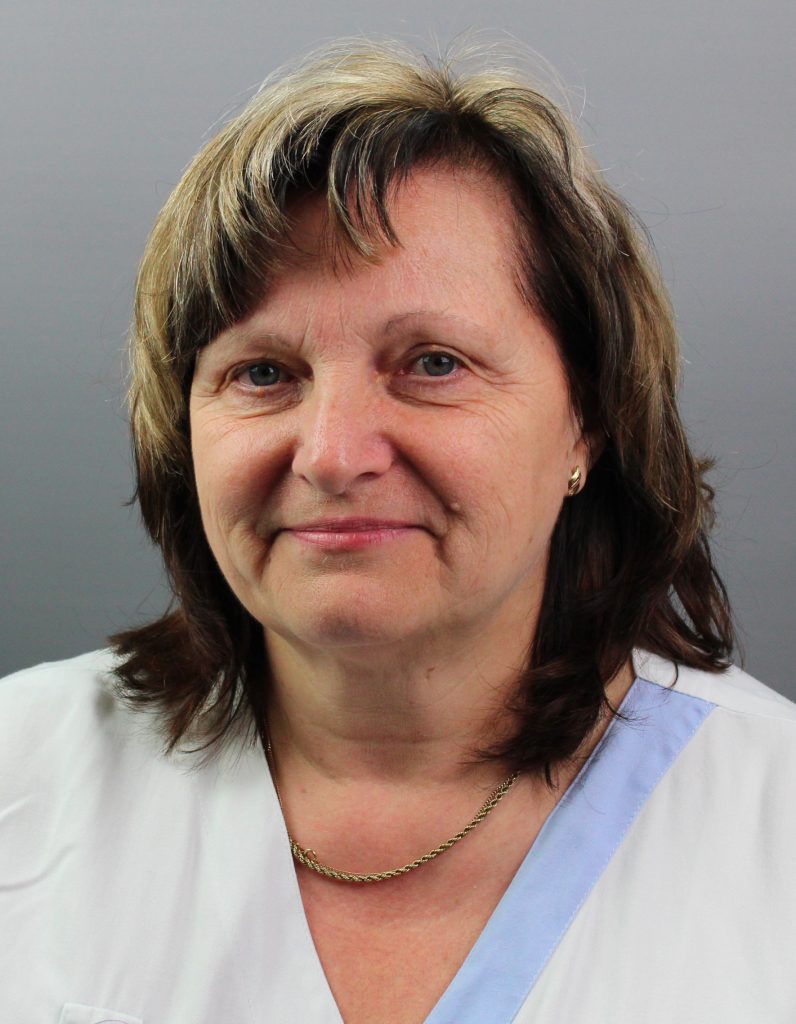
Jana Fialová
"I like when women who give birth with us are happy, feel good and remember their birth fondly." If a woman is referred to the care of our outpatient clinic, I accompany her to every consultation room. In labour I respect the wishes of the woman giving birth, I try to manage a natural birth. If all is well, I do not interfere in the birth, but at the same time I maintain control over the course of the birth. I use steam therapy, aromatherapy, I support the woman in choosing the birth position.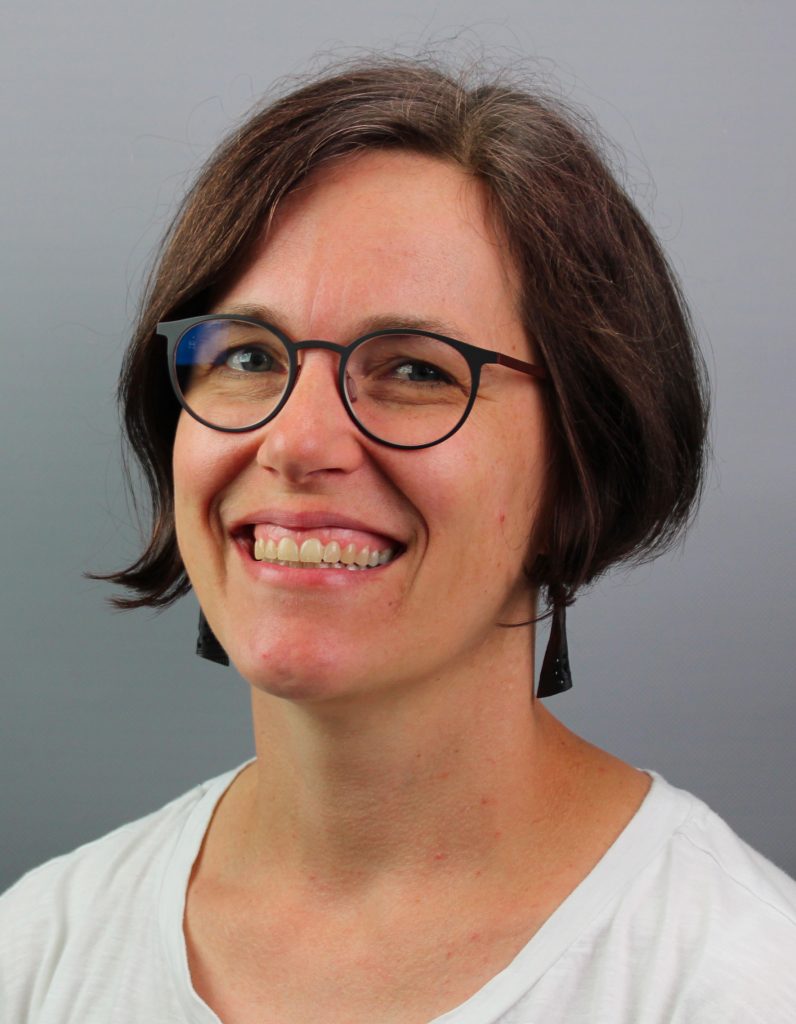
Sabina Dvořáková, DiS.
I am a midwife and I enjoy my profession very much. I started doing individual care because of the bigger and more comprehensive view of pregnancy and then birth. I care for women in pregnancy. I look at the position of her body (tension, relaxation, back pain, pelvic pain...), the position of the fetus. In case of major problems I recommend a visit to a physiotherapist. I take care of a woman with a scar from a previous SC. We discuss birth wishes and ideas and the possibilities of fulfilling them. I like the naturalness of midwifery, calmness and confidence. If the birth is going well on its own, I don't intervene. I use Rebozo, aromatherapy, cupping, homeopathy, and various positions to make the birth go more smoothly. But if necessary, I use the means of classical medicine. I am happy when a woman takes away a nice feeling of a well managed birth without any traumas.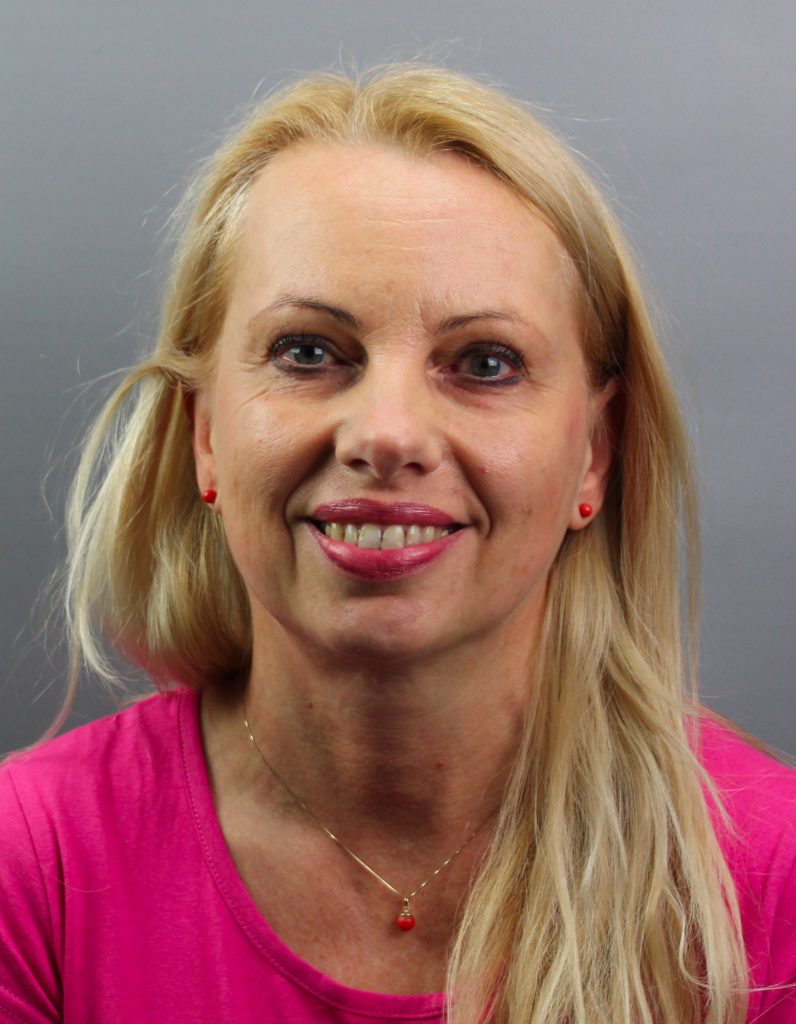
Bc. Hana Železníková
I am grateful to be present at the birth of a new life and if I can contribute to its success, that is the greatest reward for me. I offer women my years of knowledge and experience as a midwife. This includes not only lifelong learning, but also rediscovering the forgotten wisdom of nature. I strive to meet a woman's wishes, but at the same time I am aware that even natural childbirth has its limits. The most important outcome of childbirth for me is a healthy baby in the arms of a happy mother. You can use my services not only at the birth, but also during swimming and exercise during pregnancy. I perform massages for overall relaxation, aromatherapy, I work with rebound. I provide consultations or I can be a guide through your entire pregnancy and birth.
Bc. Jana Kučerová
I am currently working as a midwife in the delivery room, and I have previously worked in the puerperium and high-risk pregnancy unit. I have 4 children. I see the possibility of providing individual care to women as an opportunity to get to know the client better, to work with her during pregnancy. As part of my antenatal preparation I offer personal meetings including discussing birth wishes, Rebozo massage, the opportunity to do an individual antenatal course, scar care after a previous caesarean section, telephone and face to face consultations if required. During the birth itself, I try to proceed individually as agreed with the client. If the birth proceeds without complications, I leave the woman free and do not interfere in the birth process and I am more in the role of an observer. If it is possible, I prefer to use non-pharmacological means during labour such as Rebozo, infusion, aromatherapy, relief positions, during the second period of labour I allow the woman to take the position of her choice during labour. During the puerperium period I offer the possibility of a telephone consultation. My goal and wish is that a woman remembers her birth as one of the most beautiful moments in her life.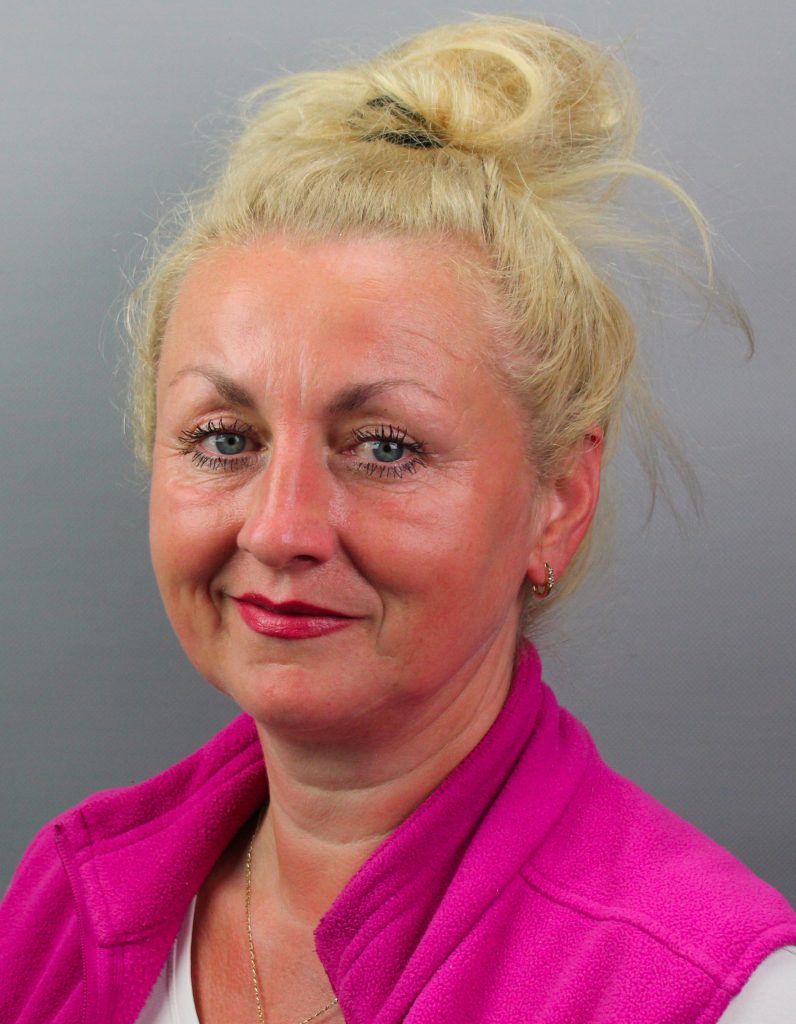
Mgr. Monika Matýsová
"Childbirth is the only blind date where you meet the love of your life." I work as a midwife in a delivery room in Jihlava with thirty years of experience in the field. I do classes and swimming in pregnancy. I have two adult children and a female Fabi - RR. I love nature, cottage gardening, garden, .... and nice people. ☺ Education: Jihlava - children's nurse. Brno - midwife and postgraduate studies "Intensive care of women in the delivery room." Prague - bachelor's degree in "Nursing" at the 1st Faculty of Medicine, Charles University. České Budějovice - Master's degree in "Children's Nurse" Courses: Comprehensive Care of Women in Childbirth. Holistic scar care. Functional approaches to childbirth. I offer: In pregnancy: individual antenatal course tailored to the requirements and birth wishes (rebozo work, massage, breathing and relaxation training). A tour of the delivery room. Telephone communication. Collaboration with the birth attendant. During the birth: individual approach according to the wishes, rebozo techniques according to the stages of the birth process, massage, aromatherapy, homeopathy, vaginal infusion, relief positions, hydrotherapy, education and psychological support. Cooperation with the birth attendant. Postpartum: A visit to the neonatal unit. Help with feeding, breastfeeding and the difficulties that sometimes occur in the puerperium. Care of the caesarean scar and birth injuries. It is all about communication and mutual understanding that will help to harmonize both parties involved. The ensuing psychological well-being and positive attitude leads to a natural and undisturbed ongoing birth. And that is our goal. "A healthy, happy mother and a healthy, happy baby"Contacts to midwives providing individual care during pregnancy:

Dana Slívová
My goal is to help women have a beautiful and fulfilling pregnancy and birth. I want them to come to the birth calm, balanced, and able to perceive their bodies, work with them, and be connected to themselves. I want them to be informed and have realistic expectations. An empathetic, supportive, and mutually respectful approach is important to me. In my work, I draw on more than 20 years of experience with exercising pregnant women, and I also take professional courses in the field of care for pregnant women. In my care, I monitor women comprehensively—I am interested in their posture and any difficulties they may have, and I strive to remedy them. If necessary, I work with physical therapists. I educate women about further care at home and teach them relief methods. I use rebozo, swaddling in a scarf, overball, ball exercises, massage, vaginal steaming, aromatherapy, music therapy, and visualization. At the end of pregnancy, I offer women methods to support natural labor and education about the course of labor and early postpartum. If interested, it is possible to tour the delivery room and postpartum ward. I offer care throughout the entire pregnancy, or you can use only some of the services. - Delivery check-in
Dear mothers-to-be
We usually check you in for the delivery in our maternity ward at 36th-37th week of pregnancy. It is necessary to make an appointment by phone in advance. You should be sent to check-in by your district gynaecologist, who will also give you an application form. Please have it with you. We also ask you to print out and fill in the documents which can be found in the "Downloadable Documents"" section below. Filling them in on time will speed up your admission to the hospital before the delivery. Please bring these documents with you to the check-in. You will also need your pregnancy card, the ID card, the insurance card, a photocopy of your marriage certificate or a record of paternity and the results of any tests you have undergone during your pregnancy. The check-in consists of an interview with the midwife and a doctor, discussing your medical history, filling in the information for the registry office and performing an ultrasound biometry (weight measurement) of the fetus. If the doctor finds any risk factors or deviations from normal, they may recommend further check-ups. The following consultations can usually be arranged with your district gynaecologist, who will refer you to the care of the delivery room on the date of delivery. You will make an appointment by phone again. For the first-time mothers, we recommend a fetal weight estimation at the time of delivery, which can also be booked at our ward.
The delivery-room clinic is located on the 5th floor of Block G.Important contacts
- Delivery-room ambulance 567 157 680 – call in the workdays within the office hours 7:00-15:00.
- Ultrasound 567 157 420.
Documents to bring
- Application from the district gynecologist,
- Agreement to enter the delivery room,
- Medical history,
- Informed consent to the spontaneous delivery,
- Documents to print,
- Name agreement,
- Pregnancy card,
- ID card,
- Certificate of the health-insurance,
- Copy of the marriage certificate or paternity record for unmarried couples,
- Results or reports of check-ups undergone during pregnancy.
- When to go to the maternity ward
Amniotic fluid discharge
Roughly one in ten births is announced by the rupture of the amniotic membrane. Amniotic-fluid discharge usually occurs without any preceding symptoms. There may be a "popping" sound and the amniotic fluid may drain in a strong stream or in smaller portions. The discharge may also occur at the resting position during the night. After the amniotic fluid has discharged, regular contractions may not yet occur, but this is always a reason for admission to the delivery room. Normally, amniotic fluid is a clear liquid with a slightly sweetish odor. It may also be slightly pinkish. In this case, it is sufficient to be brought to the maternity hospital within 4 hours after the discharge. However, if the amniotic fluid is cloudy – brown or green, or you have a positive vaginal culture for Streptococcus agalactiae, you should get to the hospital earlier – within 2 hours after the discharge.
The discharge of mucus plugs is manifested by the discharge of phlegm, which may be mixed with blood. The discharge of a mucus plug itself is not a reason for going to the maternity ward. It may mean that the baby will be born within a few days, but this cannot be taken as a rule.Periodic uterine contractions
Painful uterine contractions, so-called labour pains or contractions, are the most common sign of an incipient delivery, but it is not always thesign of the labour in progress. As early as a few weeks before the delivery, "preparatory" pains or "runners" may appear. They are manifested with painful abdomen hardening or pain in the lower abdomen and sacrum. Sometimes they can be more intense and can be confused with the delivery onset. However, they are usually irregular, short and do not increase in intensity. Unlike true labor contractions, "runners" do not have an opening effect. Taking a warm bath is a good idea to solve them. If these contractions weaken or stop in warm water, there is no need to worry. Try not to pay too much attention to them and relax. The real labour may start only within a few days. Labour pains, which have an opening effect, begin with regular contractions of the uterine muscles. Mothers-to-be perceive them as painful hardening of the abdomen. These contractions last for about 40 seconds. At first they are rather irregular, but later the intervals between them become shorter and the length and intensity of the pain become longer.
Contractions can be felt as pain in the whole abdomen or as cramps in the sacrum and groin. You should go to the maternity ward when the contractions come regularly every five minutes and last like that for at least 2 hours.Bleeding
Approaching labor may be announced by slight bleeding or staining. The nature of the blood matters, if it is old dark blood or light mucousy blood, be calm. Should there be heavier bleeding of bright red blood, you need to go to the maternity ward. Do not be worried if you stain slightly after the gynaecologist's check-up, it is a normal occurrence.
Doubts about fetal movements
In case of a significant change in the intensity of fetal movements – very weak or no fetal movements for an unusually long period of time or very intense or painful fetal movements – it is advisable to come to the delivery-room clinic for a check-up.
Referral by the district gynaecologist
If your doctor reffers you for a check-up or hospitalisation, please come to the delivery-room clinic as advised by your doctor.
- Entourage to the delivery
Your partner or another close person such as a nurse, a friend, your mother or a midwife can be with you throughout the delivery.
- Natural birth support
Aromatherapy at childbirth
One option that offers relief and helps with the labor is aromatherapy. Even though aromatherapy has powerful effects, it does relieve a woman from pain. But its pleasant smell can change the perception of pain, relaxes the woman, and has a beneficial effect on the delivery progress. In the delivery room we use it in the form of massages of the lower abdomen, back, sacral area, between and around the shoulder or in the form of a warm bath. The woman's partner or another entourage may also perform the massage. We use essential oils from Nobilis Tilia
We also use the Flower Essence "Birth" to support mental well-being and physical health during the delivery. They can be used on the skin and in the air. A combination of internal use of the Flower Essence and its external application in the form of hydrosols is excellent.
Vaginal steaming
Herbal steaming can make the last stage of pregnancy more pleasant and influence the progress of delivery through relaxation, warmth and the effects of herbs.
Properly chosen herbs can help eliminate unwanted bacteria and yeast, which many women suffer from during pregnancy. They help to keep the vaginal microflora balanced, while also having a positive effect on the birth canal and the smooth progress of the delivery.
The warm steam from the steamer itself has the effect of softening the perieum tissues, which becomes more pliable and elastic. It warms up the genitals, relaxes the pelvic floor muscles, improves bowel peristalsis, and the steam also helps psychologically.It is advisable to use it from the 38th week of pregnancy on. We recommend to consult it with a midwife who will also provide practical information on how to use the steamer in the comfort of your home.
Herbal mixtures from Steamy can be purchased in the delivery room.Rebozo - a supporting scarf for the pregnant belly
Rebozo is the name for a traditional scarf originating in Mexico, where women have used it for centuries. The width of this scarf is 65 cm and the lengths vary, usually from 1.8 m to 2.7 m.
Pregnant women can use Rebozo techniques to release tension in the body, relieve back pain, leg pain, lumbar pain and the underbelly area. Rebozo also supports the pregnant belly, eliminating back pain once the belly grows. For wrapping the tummy in pregnancy, we recommend using a wrap that is about 35 cm wide and about 4 m long.
Relaxation techniques with Rebozo induce a feeling of the overall well-being, joy, happiness and harmony. With the help of Rebozo, it is even possible to try to adjust the end-of-pelvis position of the baby in the tummy during pregnancy. Rebozo can also be used during labour when the baby is not in an optimal position or when labour is not progressing. However, it is essential to perform Rebozo exercises by prior education.
Our midwives who work with Rebozo use its help with pregnant women and then with the delivery itself. The scarf can also be used to wrap the tummy after a vaginal childbirth.
- Planned caesarean section
Indication for planned caesarean section is performed by a gynaecologist, most often at registration at the 36th week of pregnancy.
A planned caesarean section is performed after the 39th week of pregnancy, unless there is a reason to perform it earlier.
The day before the surgery, the woman comes to the hospital with the results of the pre-operative examination. She is admitted to the bed in the Puerperium and Pregnancy-in-risk Department. She has been fasting since midnight and in the morning of the surgery she is given an enema, the department PA gives her flexilla and transfers her to the delivery room to prepare for surgery. A birth attendant may be present for this preparation. In the delivery room, the midwife will record a ctg monitor, bandage (elastic bandages) the lower limbs and insert a permanent urinary catheter into the bladder.
The planned caesarean section is performed, after consultation with the anaesthesiologist, under spinal anaesthesia, which is more convenient for both the woman and the baby. The presence of an attendant in the surgery room is a matter of course. After the baby is born, a delayed umbilical cord ligation is performed. The umbilical cord can be cut by an attendant, after consultation with the surgeon. Then the paediatrician performs the first treatment and examination (breathing, heart action...) of the baby and if the postpartum adaptation is without complications, the baby is placed on the woman's chest. Bonding can also be performed by an attendant if the woman cannot for some reason. The baby is with the parents in the operating room throughout the operation and after the operation is over, everyone is transferred to the post-operative room of the six-week ward. Here again bonding is encouraged with the mother or father of the baby. The baby is permanently with the woman and in the first hours, days the neonatal nurses help her with the care of the baby.
If the woman and baby are well, they are discharged 3-4 days after the surgery.
- Umbilical-cord blood banking
When giving birth in the Maternity Hospital in Jihlava, you can have your umbilical cord blood, placental blood, umbilical cord tissue or placental tissue collected for your use. They contain rare stem cells that have the potential to be used in treating many serious and life-threatening diseases. Modern technology allows stem cells to be stored for decades. A prepared transplant taken from blood, the umbilical cord or the placenta is a "bio-insurance" for your baby for life.
Umbilical cord blood is the blood remaining in the blood vessels of the placenta and umbilical cord after birth. It is very rich in stem cells. Its exceptionality is given by the fact that it contains stem cells that are no longer formed during life.
Umbilical cord blood is taken immediately after the baby is born and the umbilical cord is cut. At the time of collection, the baby is already with the mother or in the care of a baby nurse or a doctor. The procedure is painless and safe for both mother and baby.
Placental blood is of the same structure as umbilical cord blood, but it remains in the placental vessels after the birth of the baby and the placenta. It is collected after the placenta is delivered. By collecting placental blood, the amount of stem cells obtained is increased, resulting in a larger volume of prepared transplant. Placental blood can only be taken at the same time as umbilical cord blood.
The umbilical cord tissue is the part of the umbilical cord about 15cm long that is cut after the placenta is born. Due to the presence of whole tissue (not just individual cells), the numbers of stem cells obtained here are higher than in cord blood. The collection of umbilical cord tissue is performed in combination with the collection of cord or placental blood.
Placental tissue collection means the collection of the entire placenta, which is sent to a tissue facility for processing. A large number of stem cells can be extracted from it. Placental tissue collection is also performed in combination with previous collections.
Stem cells derived from umbilical cord blood, placental blood, umbilical cord tissue or placental tissue can currently be used to treat a number of serious diseases such as acquired or inherited hematopoietic disorders, lymphomas, organ cancers, immune and metabolic disorders and others.
The Department of Gynaecology and Obstetrics at the Hospital in Jihlava allows the banking for the child's own use.
It has contracts with two companies:The National Cord Blood Centre, PLC
Cord blood center, s.r.o.- Cord blood collection,
- placental blood sampling,
- umbilical cord tissue collection,
- collection of placental tissue.
Further information on the cold-blood collection, processing, storage and use can be found here:
cordbloodcenter.cz
Hotline: 800 900 138
Success stories of treatment can be found at:
cordbloodcenter.cz - stories of successful treatment
10 reasons to collect cord blood, umbilical cord tissue and placental tissue:
- Application in the treatment of serious diseases (e.g. haematological, oncological, neurodegenerative, immunological or metabolic).
- Potential application in many other diseases (nearly 800 ongoing clinical trials).
- Application in treatment in childhood and adulthood.
- Can be used for siblings.
- Reusable due to storage in multiple bags and tubes.
- Applications in cell therapy, regenerative medicine and tissue engineering.
- The widest range of cells that you can have removed and stored at birth.
- Cells with unique properties - not affected by acquired diseases, treatments or aging.
- Immediate availability when needed.
- A gift to your child for life.
The National Cord Blood Centre, PLC
- Cord blood collection,
- umbilical cord tissue collection.
Further information on the cold-blood collection, processing, storage and use can be found here:
Cord bloodHotline: 800 682 522
Autologous cord blood from the laboratories of the National Cord Blood Center has been used for the first time to treat brain damage due to drowning:
&t=13s“ target=“_blank“ rel=“noopener“>ČT: Využití pupečníkové krve k léčbě mozkového poraněníThe National Cord Blood Centre is a partner of Pupendo Foundation - Blood for Life. The aim of the foundation is the general awareness of the cord-blood banking and help to the families with severe diseases which can be alleviated or eliminated by with the cord-blood treatment.
——————————
It is also possible to donate placentas for the production of products for therapeutic use at the Hospital Jihlava.
We cooperate with the National Centre for Tissues and Cells:
www.natic.czPlacenta donation is possible during a planned caesarean section. On admission, the receiving doctor will assess whether you would be a suitable placenta donor. If you are interested, you will be asked to give a written consent for the placenta donation. For more detailed information, please contact the staff of Delivery Room clinic.
——————————
Annual reports of the donation centre:
Annual Report 2019
Annual Report 2020
Annual Report 2021
Annual Report 2022
Annual Report 2023
Výroční zpráva 2024 - Postnatal visiting service
Did you give birth at our hospital in Jihlava? We are here for you even after the birth. We offer up to three visits from an experienced midwife at your home – covered by your health insurance.
The service is intended for mothers who are in their postpartum period, gave birth in our maternity hospital, and live within a distance of approximately 40 km (30 km for Insurance Company No. 211) from Jihlava. The visit lasts 1 hour and takes place on selected working days between 8:00 a.m. and 3:30 p.m.
A midwife will help you with breastfeeding, check your healing and overall condition after giving birth. She will support you through the changes that motherhood brings. She will advise you on baby care and be happy to answer your questions.
Make a booking:
How to book the service?
Simply fill out a simple online form. The selected midwife will then contact you, arrange the exact date of the visit, and provide further details.
If you need to cancel your visit, please let us know by 6:00 p.m. on the day before the visit.
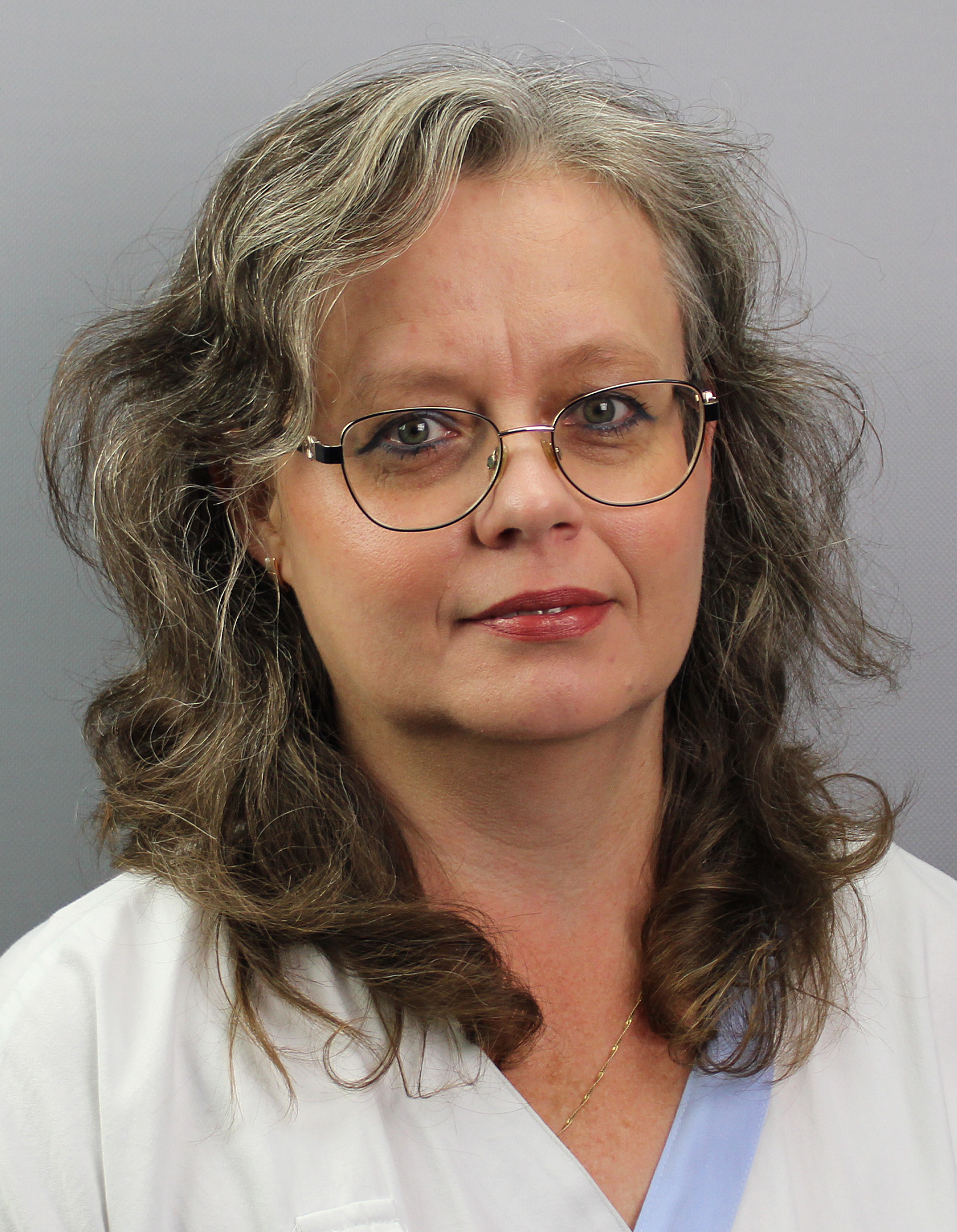
Mgr. Jitka PACALOVÁ
I am a midwife with many years of experience, and I love my profession. I studied community care in midwifery and continue to pursue professional development. I am a lactation consultant and have completed several specialized courses, including those focused on postpartum care, scar management, and aromatherapy. In my practice, I draw not only on my professional knowledge and many years of experience, but also on my personal experience as a mother of two children. My goal is to support women during the postpartum period—one of the most important and challenging times of their lives. I offer individualized, sensitive, and respectful care with empathy and respect in the comfort of the woman's home.
Darina SEDMÍKOVÁ, DiS.
I am a midwife and have been working in the postnatal ward at Jihlava Hospital since 2015. I completed Anna Kohutová's Gentle Postnatal Care course. I work with rebozo, taping, and I am interested in the application of crosstejp, aromatherapy. I have completed a course in lactation counseling. I am a mother of two children myself and can offer care, support, and empathy to women in the postpartum period.
Bc. Karla NAVRÁTILOVÁ
I am a midwife, currently working in the neonatal department. I support women after childbirth to feel confident and care for themselves and their babies with love. I believe that support and peace during the postpartum period can create a solid foundation for a happy motherhood.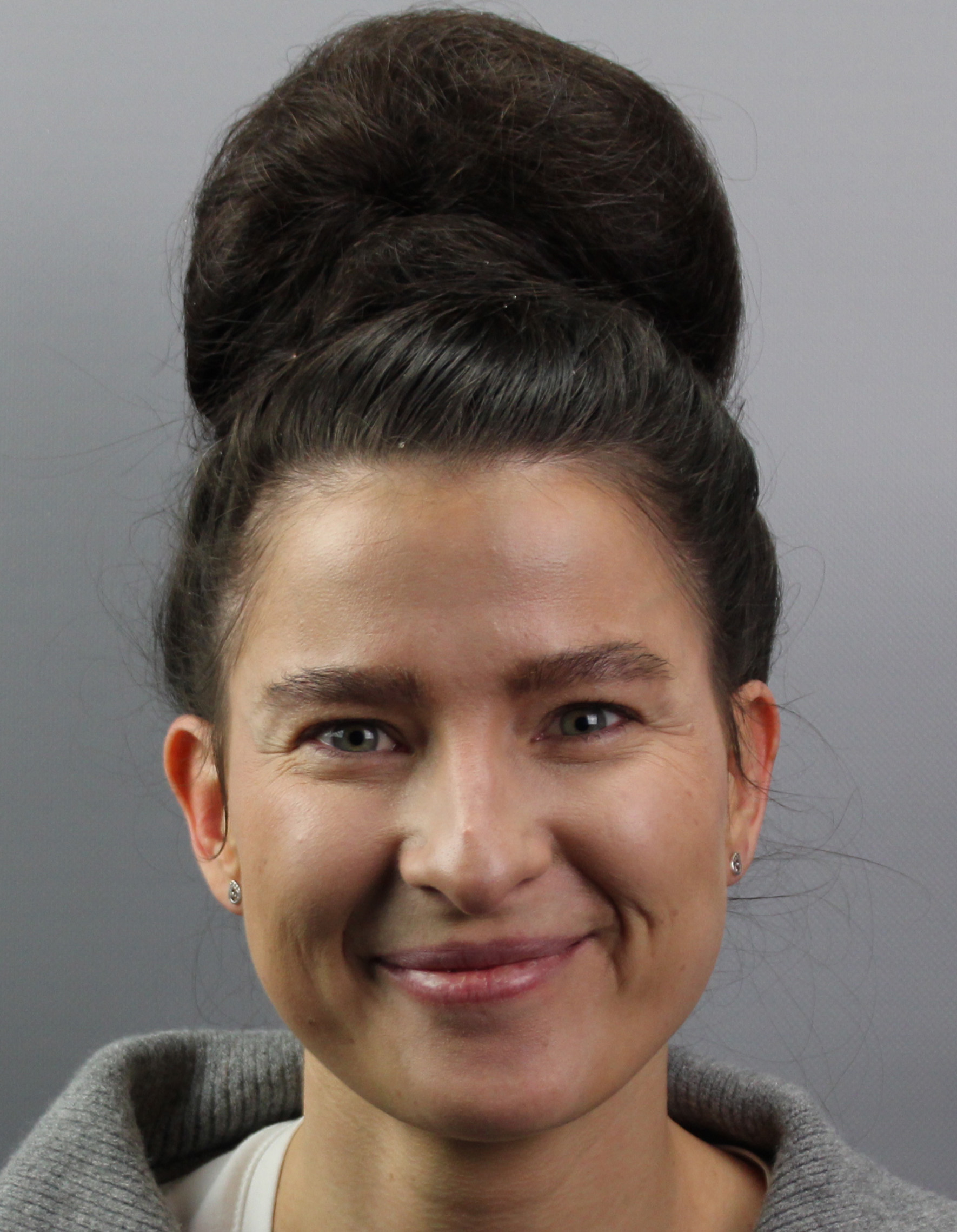
Bc. Karolína Hradecká
I am a midwife and worked in a gynecology department for seven years, where I gained extensive professional experience. I am currently on parental leave, which has given me personal insight into the needs of women during the postpartum period. In my work, I emphasize a professional and respectful approach, open communication, and consideration of each woman's individual needs. My goal is to make you feel supported and more confident in your new role after giving birth, while also ensuring that you are mentally and physically well.
- Lactation counselling
The lactation clinic can be found on the 6th floor of Block G, right next to puerperium ward.
Its aim is to instruct on possible problems or uncertainties with breastfeeding and nutrition of the newborn baby.
Mothers can make an appointment by phone: 567 157 594.The lactation consultant will work with you until you achieve the desired result.
A visit to the clinic takes about an hour. Older children can have fun in the children's corner while you are consulted.
In emergency, you can contact the lactation consultant of the children's department. This counselling service is open 24 hours a day.Contact 567 157 718
Maternity Ward






